“I want to live a life where I’m not defined by my age and appearance”
Anita Bhagwandas’s Indian heritage has given her the confidence to celebrate ageing. She explains why
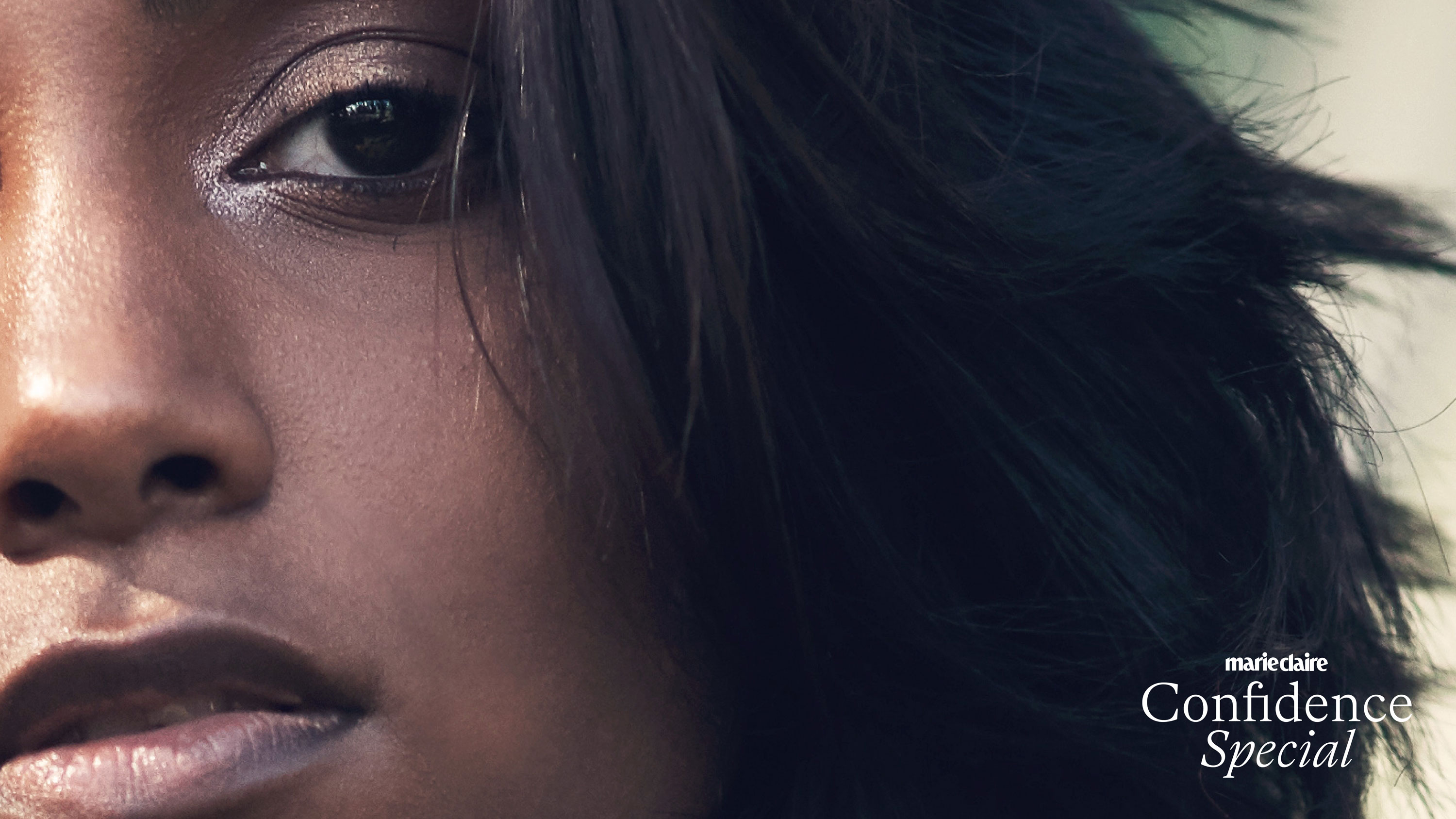
My mum has never mentioned ageing to me. She’s never bemoaned her age, the emergence of grey hairs, skin or body changes. She doesn’t care about anti-ageing creams or treatments. None of my relatives have either, even those closer to my age. Ageing woes just don’t exist for them, and yet, for me, it’s been an unwelcome foe since my late teens, waiting for its opportunity to strike. The reason for this disparity, I think, could be a cultural issue. Because the only difference between my mum, my relatives, and me is that they grew up in India and I grew up in the UK.
Ageing – our concern for it, our treatment of it, our obsession with it – does seem to be a largely Western problem. As a beauty editor, I’ve had it drilled into me what youthful skin looks like (clear, plumped, reflective), and the myriad ways we can and should try to recreate it, including investing in an arsenal of anti-ageing beauty products and ‘tweakments’. As such, the ‘first signs of ageing’ are something I’ve been on the lookout for since I was in my early twenties, like a whole part of my brain has been trained to tackle the invisible burden that comes with looking older. Yet I consider myself to be lucky: I’ve only just started to notice these ‘signs’ in my late thirties. Even counting that as lucky seems at odds with everything else I believe in—after all, luck should be finding surprise leftover Christmas chocolate when you’re in need of a sugar fix, or avoiding the muddy splash from a car driving through a puddle. What I struggle with most, both personally and professionally, is that this approach we have in the West feels both demoralising and even anti-women at its core. I just want to find a way to age that mirrors the disinterest my mum has in it; one that doesn’t feel like my beauty and worth diminishes with every year.
Of course, India has its own pressing beauty issues (including colourism, with the blatant selling of lighter skin as the beauty ideal evident in everything from Bollywood films to the skincare aisles) but even so, the anti-ageing market and youth-obsessed narrative in India doesn’t have quite the same grip on beauty standards as it does in Western culture. Part of this, I think, is that there’s more respect for older generations, which is a cultural norm across much of Asia.
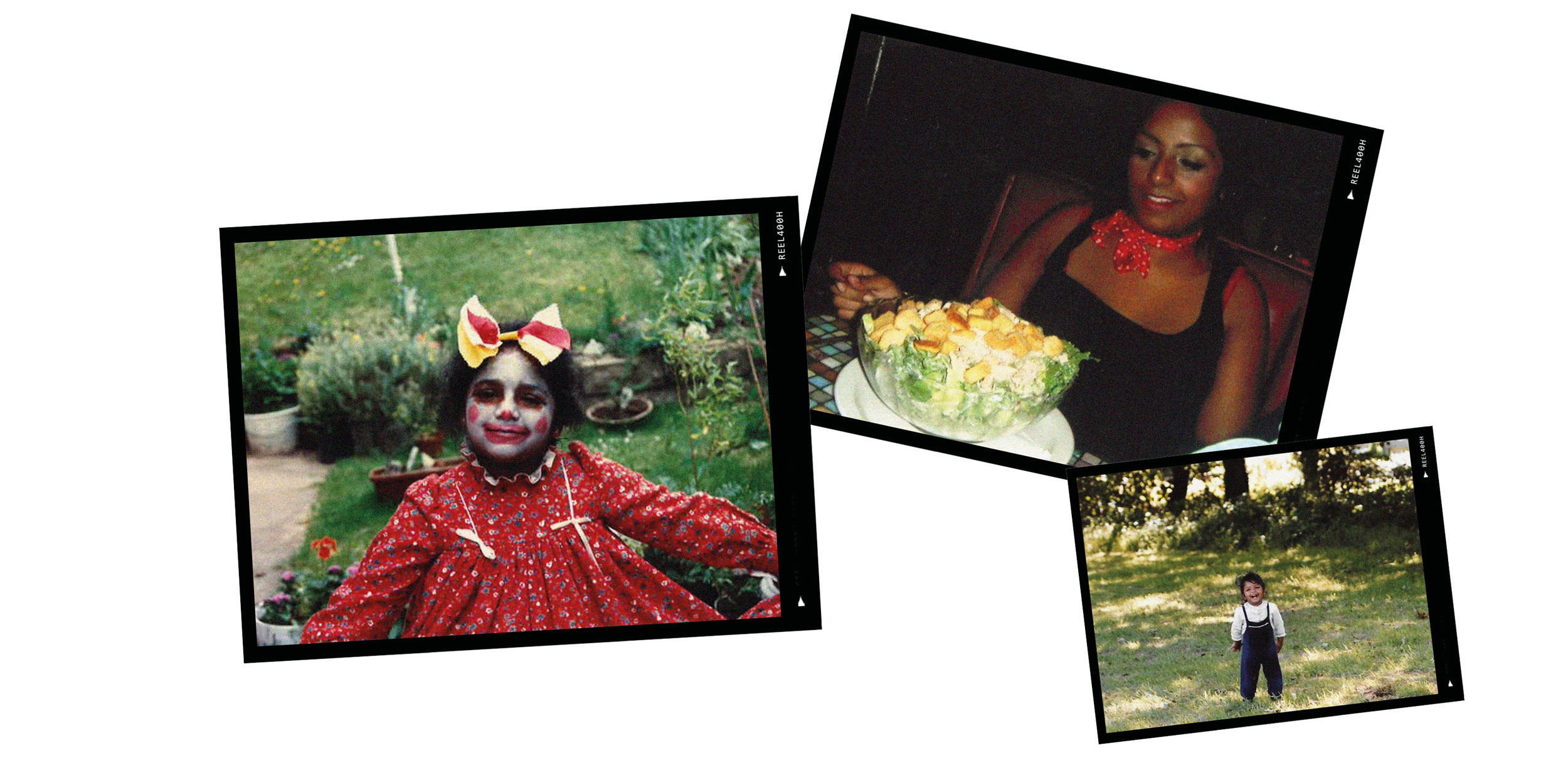

Indeed, in Japan, the title ‘Living National Treasure’ is awarded to those who have mastered and nurtured a traditional cultural practice, including forms of art. That’s in stark comparison to the much-lauded ‘30 under 30’ here, which celebrates youth and status. Travel trends suggest that many in Asia see middle age as being the prime of your life and the ideal time for those big bucket-list trips. Yet, here, we see it as old, past it, and headed for a midlife crisis. For women, that also comes with a sense of invisibility, because beauty and youth are so conflated in the West.

There is also an undeniable double standard in how women over 40 are treated in Western pop culture. Relationships between older men and younger women tend not to elicit much reaction, for example, but the opposite dynamic rallies cries of ‘cougar.’ Likewise, Hollywood is full of ‘silver foxes’ whilst female actors are subject to scrutiny over their changing appearance and are rarely cast in romantic roles or projected as the object of male desire. Actor Jamie Denbo of Orange is the New Black fame said in 2017, “I was just informed that, at the age of 43, I am TOO OLD to play the wife of a 57 year old”. Similarly, Maggie Gyllenhaal has revealed that, at 37, she was told she was too old to play the love interest of a 55-year-old man.
Countless other examples can be found in every area of our popular entertainment – think of the male musicians who continue to be awe-inspiring legends well into their seventies, such as Mick Jagger, Billy Joel and Elton John. Yet, following the announcement of The Celebration Tour, Madonna, now in her sixties, has received backlash from people like Piers Morgan, who has labelled her a “cringe-making fiasco” who should be “put out to pasture”. In 2016 Madonna said, “Once you reach a certain age, you’re not allowed to be adventurous, you’re not allowed to be sexual… Are you just supposed to die when you’re 40?” There is an invisible cage keeping women trapped, and it’s cultural attitudes like this, I believe, that are fuelling the fear of ageing in the West.
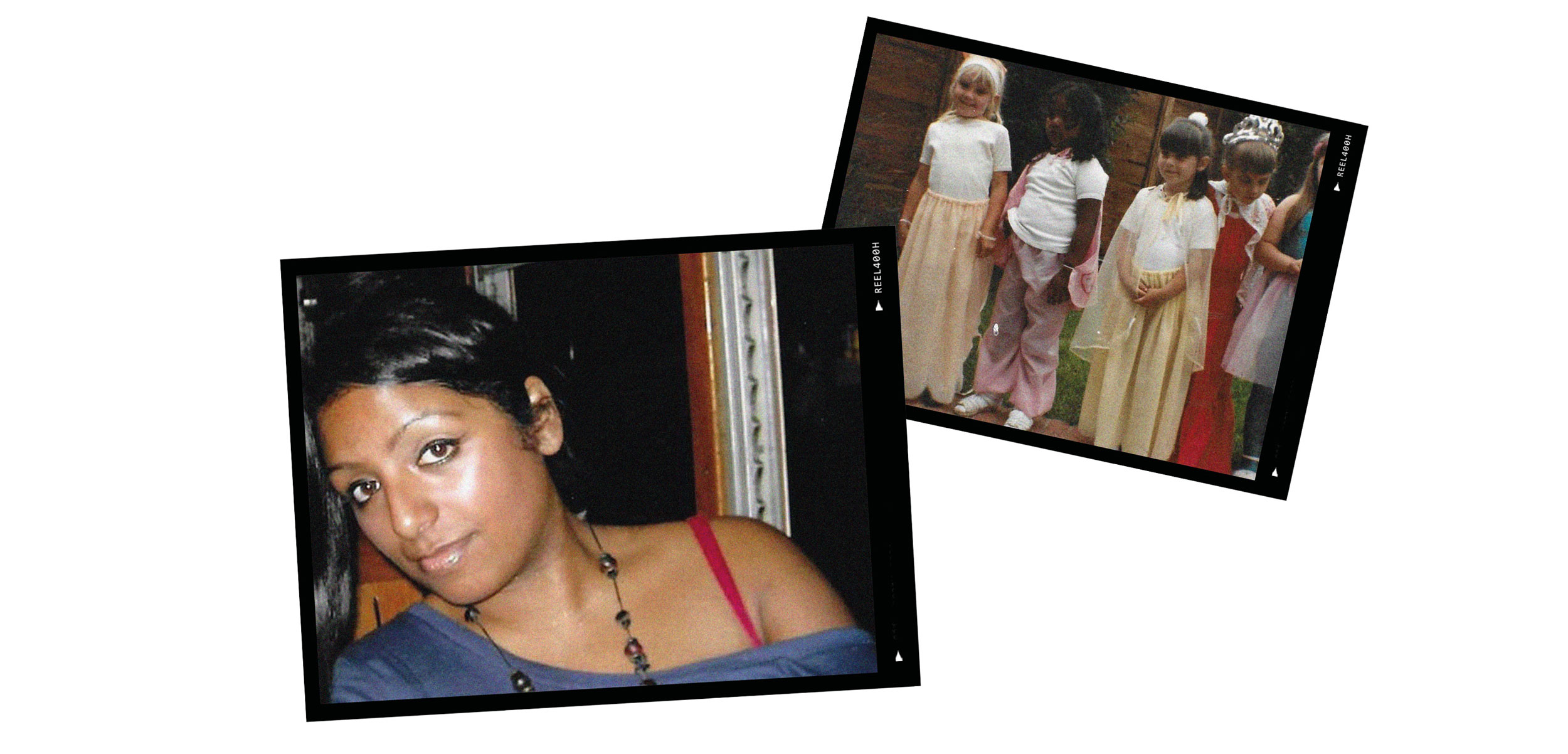

That pity factor is aimed at all women who defy patriarchal norms of behaviour and cast those like Madonna, who refuse to ‘put it away’, into a negative light. So, it’s no wonder that appearing ageless has become one of the few ways women have to battle against a force that wants them to just ‘disappear’ (with the anti-ageing and cosmetic surgery industries only too happy to offer their services in exchange for our cash). But here again, there’s a fine line to tread because while female celebrities like Madonna are often subjected to tabloid headlines stating they’ve gone ‘too far’, those who choose to age naturally are accused of looking tired or having ‘given up’. The sweet spot is being frozen by time—in a way that the male gaze deems both acceptable and desirable, of course.
Marie Claire Newsletter
Celebrity news, beauty, fashion advice, and fascinating features, delivered straight to your inbox!
I want to live a life where I’m not defined by my age and appearance. But it takes a lot of guile to swim upstream in a culture that promotes anti-ageing rhetoric like ‘preventative Botox’ past the age of 25 as if it was a right of passage, like leaving home or learning to drive. At every turn, we’re exhorted to externalise our self-esteem, from our toxic obsession with thinness to our fixation with female youth. What’s more, the cultural landscapes built around it, like social media and reality TV, continue to support this narrative, making it even harder to eschew. The key to keeping hold of our self-worth, then – amid everything around us telling us we should be actively trying to age backwards – is recognising that our appearance is the smallest, least interesting part of who we are. And reminding ourselves that it doesn’t have any bearing on our worth.
I know I’d like to find another way to approach ageing that’s akin to my mum’s perspective; one that means a birthday milestone feels like a gain and not a loss (for my self-worth or my collagen levels). I want to age with hope, freedom and joy for what’s to come, and to free up that part of my brain that was reserved for ‘anti-ageing’ to celebrate myself, my evolving appearance and the privilege of living.
UGLY by Anita Bhagwandas is published on 16th February, 2023 (Blink Publishing); purchase it here and follow @itsmeanitab on Instagram

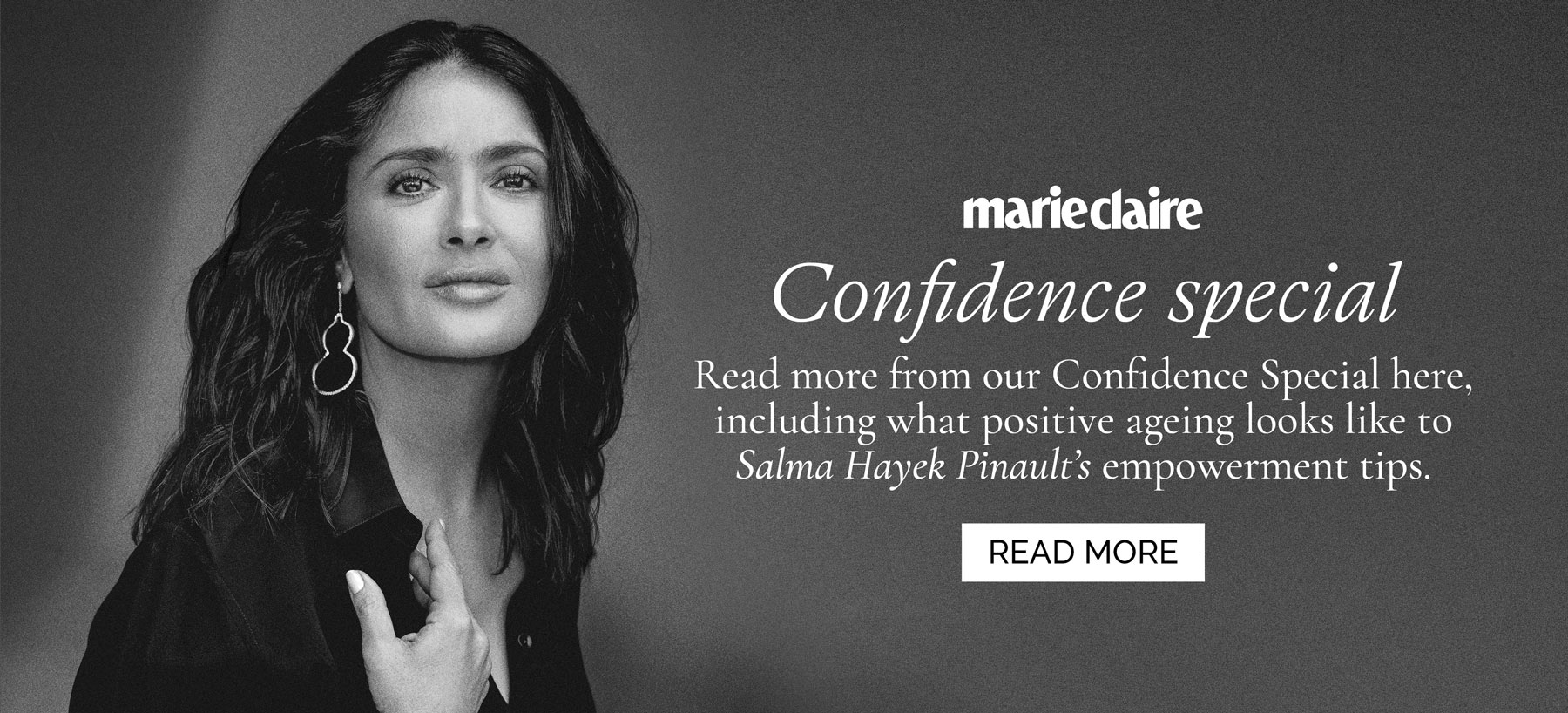
-
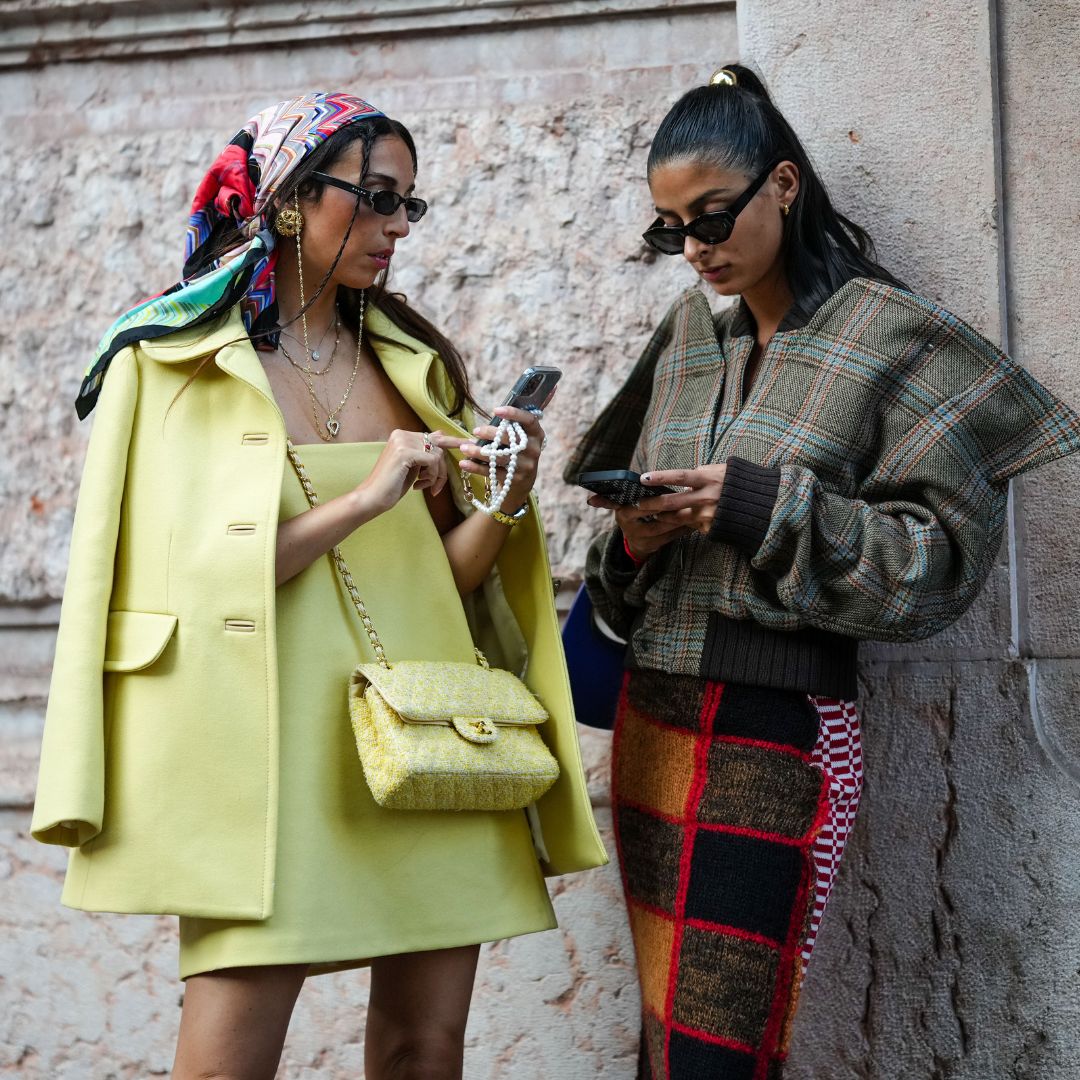 Mytheresa is having a secret sale right now and these are the 11 cult items I'm eyeing
Mytheresa is having a secret sale right now and these are the 11 cult items I'm eyeingIncluding the designer bag that was everywhere at Milan Fashion Week
By Clementina Jackson
-
 Prince Harry reportedly extended an 'olive branch' to Kate and William on latest UK trip
Prince Harry reportedly extended an 'olive branch' to Kate and William on latest UK tripBig if true
By Iris Goldsztajn
-
 How Prime Video is protecting Blake Lively amid her new movie promo
How Prime Video is protecting Blake Lively amid her new movie promoAn understandable move
By Iris Goldsztajn